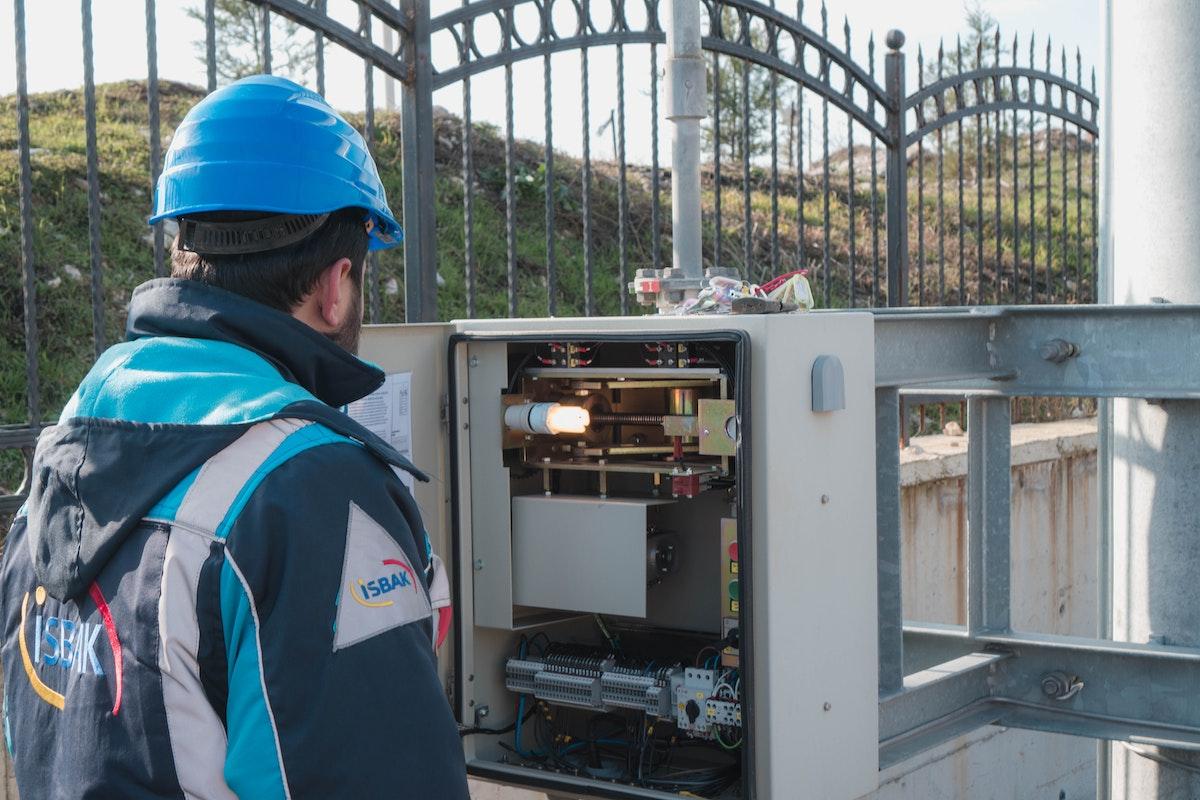Fuse boxes play a vital role in the electrical systems of homes and businesses. Despite their importance, many property owners, from homeowners to real estate agents, often overlook their condition. However, knowing when and why these boxes might need replacement is a crucial aspect of maintaining a safe and efficient property.
What is a Fuse Box?
A fuse box, sometimes referred to as a consumer unit, is an essential component of an electrical system. It’s where electricity from the grid enters your home or business and gets distributed to different electrical circuits. It also houses safety devices, such as fuses or circuit breakers, which are designed to protect your property from electrical faults. Fuses ‘blow’ or breakers ‘trip’ to cut off the electrical supply when they detect abnormal conditions like overloads or faults, preventing potential fires or other dangers.
Why Might a Fuse Box Need Replacement?
As with any component of a property, fuse boxes can become outdated or wear down over time. Several factors might indicate the need for fuse box replacement, including:
- Age: If your fuse box is over 25-30 years old, it might not meet current safety standards and could be at risk of causing electrical issues.
- Frequent blown fuses or tripped breakers: If you’re frequently replacing fuses or resetting breakers, it could suggest an issue with the box itself.
- Signs of electrical faults: Warning signs like flickering lights, buzzing sounds, or a burning smell around the fuse box could indicate serious electrical problems.
- Renovations or additional electrical loads: Upgrading your property or adding significant electrical appliances might necessitate a new, higher-capacity fuse box.
Legal and Safety Regulations for Fuse Boxes
When considering a fuse box replacement, you must also bear in mind the legal and safety regulations. These regulations vary by location, but generally, they require that only licensed professionals perform such tasks. Remember, working with electrical systems can be hazardous, and improper handling can lead to electrical fires or electrocution. Always consult with a licensed electrician or local authority for guidance on these matters.
The Fuse Box Replacement Process
Understanding the process of fuse box replacement can help property owners make informed decisions and ensure that the job is carried out safely and correctly.
Steps to Take Before Replacing a Fuse Box
Before jumping into the replacement process, you’ll want to:
- Assess your electrical needs: Take stock of the number and type of electrical appliances in your property. This can help determine the size and capacity of the new fuse box you’ll need.
- Consult a professional: An electrician can provide a detailed assessment and recommend whether a replacement is necessary.
- Get a permit if required: Some local regulations require a permit for major electrical work, including fuse box replacement. Check with your local authority or electrician.
How is a Fuse Box Replaced?
While the process may vary slightly depending on the specific situation, fuse box replacement generally involves the following steps:
- Switch off the main power: This is crucial to ensure safety during the replacement process.
- Remove the old fuse box: This involves disconnecting the wiring and physically removing the box.
- Install the new fuse box: The new box is mounted in place, and the circuits are reconnected. This must be done in a specific order and manner, and certain wire colors correspond to certain types of circuits.
- Test the system: After everything is connected, the power is switched back on, and the new fuse box is tested to ensure all circuits are working correctly.
What to Do After Your Fuse Box Has Been Replaced
After the replacement, make sure to label the different circuits in the new box. This makes it easier to identify which circuit corresponds to which part of your property if you need to switch off a particular area in the future.
Also, keep the contact details of the electrician who did the replacement. You may need them for future electrical work, or if any issues arise with your new fuse box.

Navigating Fuse Box Replacement for Different Audiences
Different audiences have unique needs and concerns when it comes to fuse box replacement. Let’s dive into what specific audiences should consider.
Fuse Box Replacement for Homeowners
As a homeowner, your priority is likely to ensure the safety and functionality of your property. A new fuse box can provide peace of mind that your home’s electrical system is up-to-date and safe. If you’re considering doing the replacement yourself, weigh the potential savings against the benefits of professional work – particularly safety.
Fuse Box Replacement for Business Owners
If you’re a business owner, having a well-functioning fuse box is essential for the smooth operation of your business. Unexpected power outages due to a faulty fuse box can lead to downtime and lost income. Regular maintenance and timely replacement of your fuse box can help prevent such problems.
Fuse Box Replacement for Real Estate Agents and Property Managers
Real estate agents and property managers need to ensure that the properties they oversee are safe and up-to-date. This includes the electrical system and the fuse box. When a property is on the market, a newly replaced fuse box can be a selling point as it shows potential buyers that the home has been well maintained.
DIY Fuse Box Replacement for Enthusiasts
For DIY enthusiasts, replacing a fuse box can be an appealing challenge. However, due to the high risks involved, this task is generally recommended only for those with electrical experience. If you choose to DIY, ensure that you have a thorough understanding of your home’s electrical system and that you comply with local codes and regulations.
Cost Considerations for Fuse Box Replacement
Understanding the costs involved in fuse box replacement can help you budget appropriately and avoid unexpected expenses.
Breakdown of Fuse Box Replacement Costs
The cost to replace a fuse box can vary widely depending on the complexity of the job, the type of new box required, and your location. It typically includes:
- Parts: The cost of the new fuse box itself.
- Labor: The electrician’s fee for removing the old box and installing the new one.
- Additional materials: Other materials required for the job, such as wiring or connectors.
- Permit fees: If your local authority requires a permit for the work.
How Can I Save Money on Fuse Box Replacement?
While you should never cut corners on safety, there are a few strategies that can help you save money on fuse box replacement:
- Compare quotes: Getting quotes from several electricians can help you find the most affordable professional for the job.
- Plan ahead: If you’re renovating or adding new appliances, consider replacing your fuse box at the same time to save on labor costs.
- Maintain your electrical system: Regular maintenance can help prevent costly emergencies and extend the life of your fuse box.
Conclusion
Fuse box replacement is a crucial aspect of property maintenance that often goes overlooked. However, by understanding the reasons for replacement, the process involved, and the costs, you can ensure that your property remains safe and efficient.
Whether you’re a homeowner, business owner, real estate agent, or property manager, being proactive about your property’s electrical system can save you time, money, and potential headaches in the long run.
Remember, always consult a professional when dealing with your property’s electrical system. Safety should be your top priority when dealing with such critical elements of your property.

